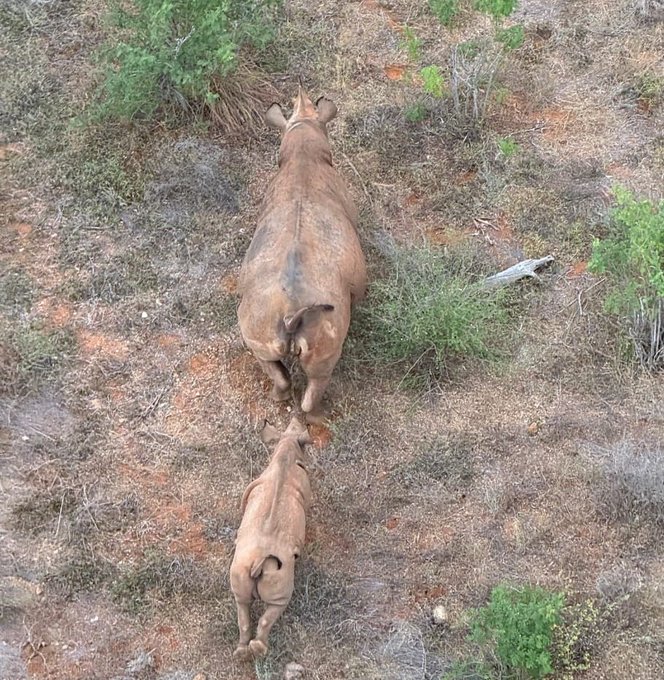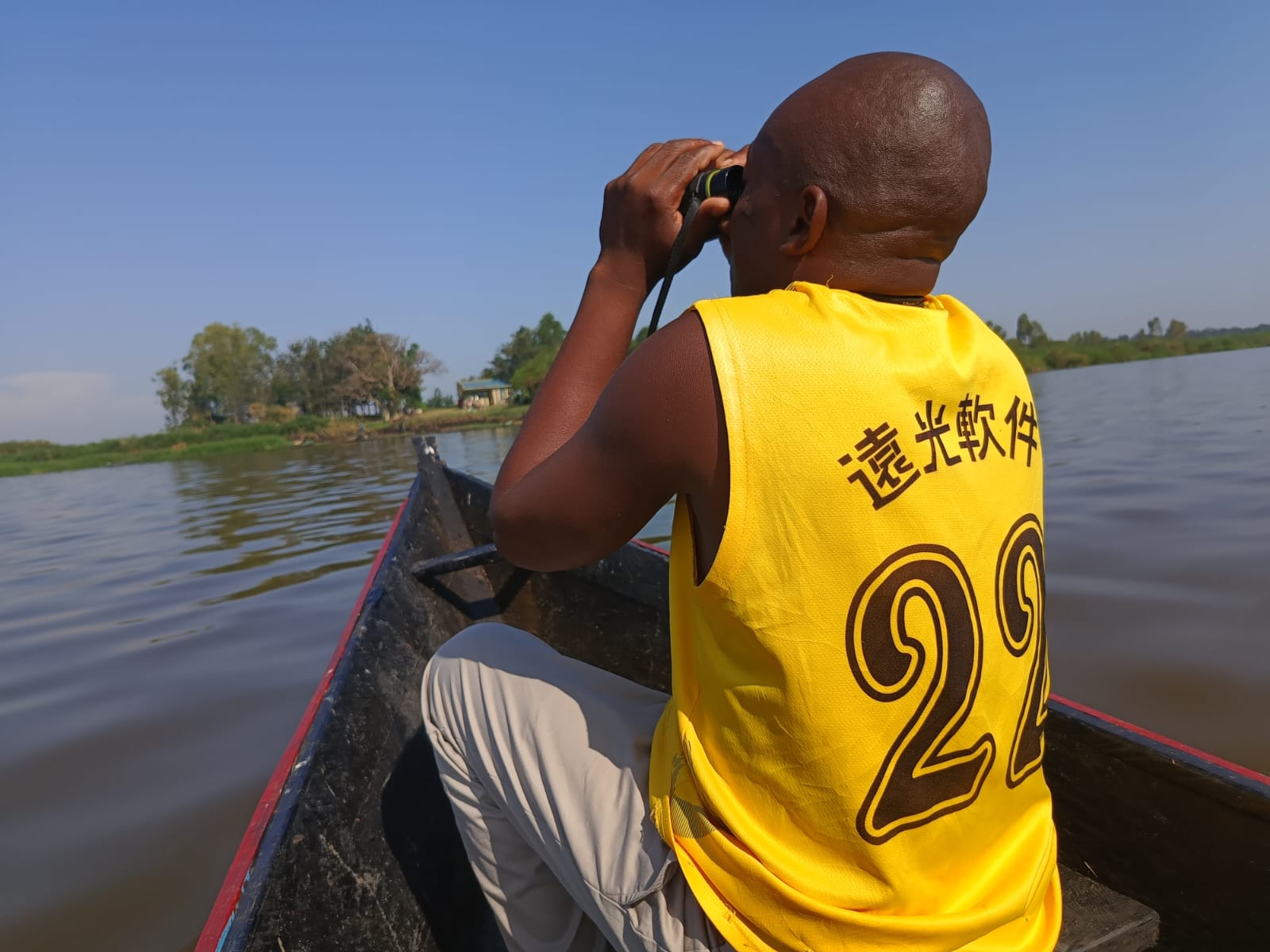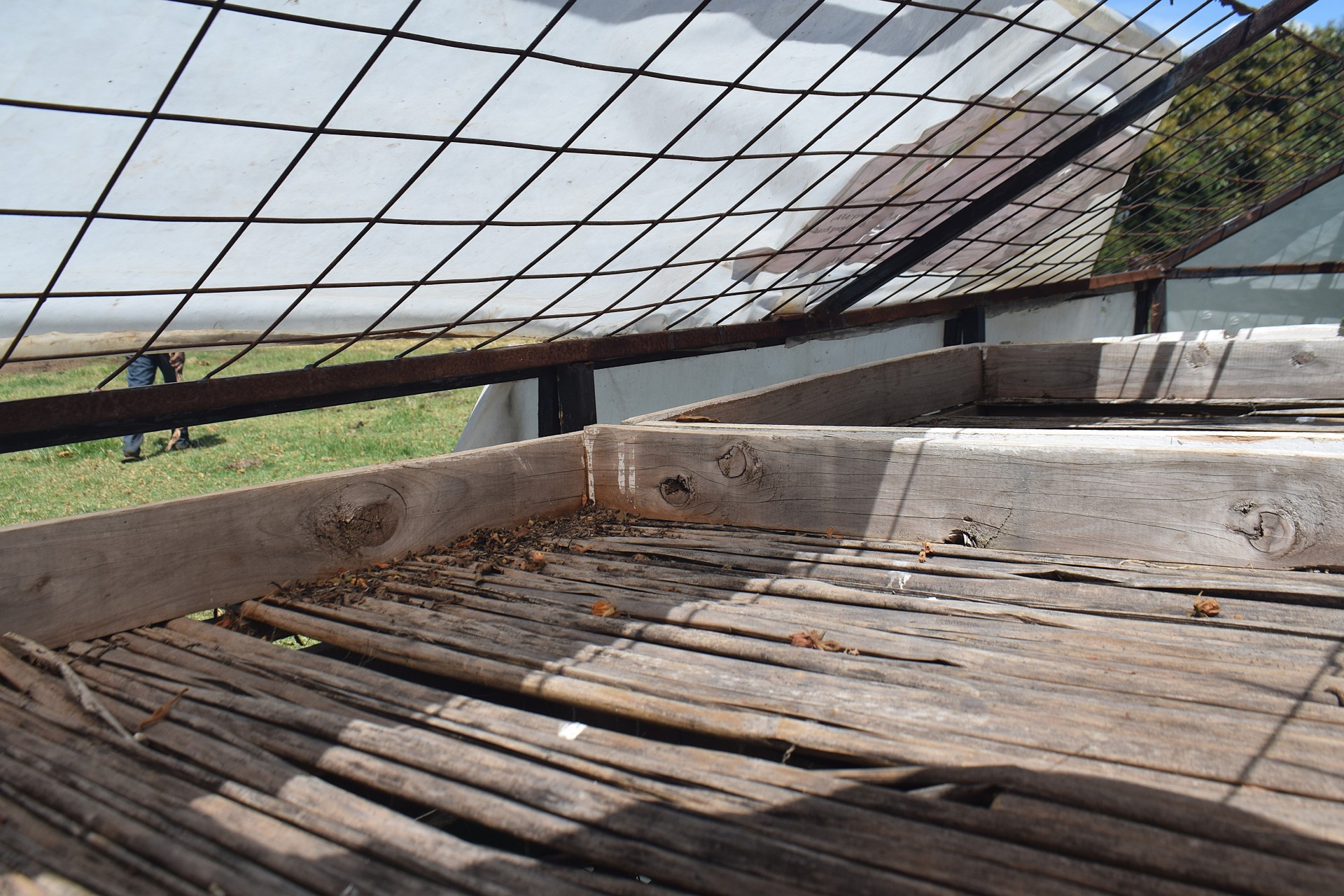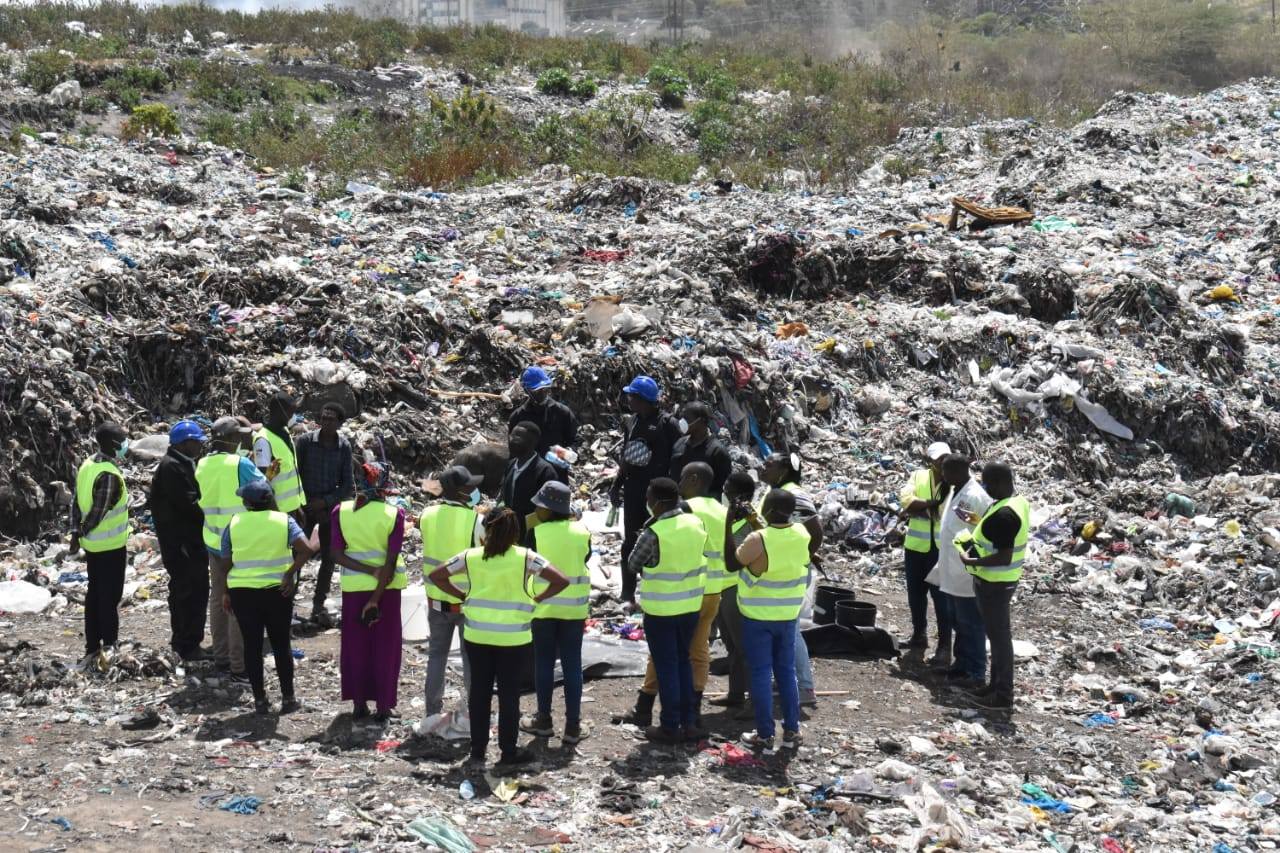- Black rhinos (Diceros bicornis) remain critically endangered due to historic poaching and continued habitat degradation. With fewer than 6,000 individuals left in the wild globally, each birth is a rare and cherished event.
Rare Black Rhino Calf Birth Signals Conservation Success
07 Jul, 2025 04:08 PM

Amid the vast savannah of Tsavo National Park, Kenya is celebrating a powerful symbol of hope: the birth of a rare black rhino calf.
The Kenya Wildlife Service (KWS) has confirmed the birth this week, calling it a significant step forward in the ongoing effort to protect one of Africa’s most endangered species.
The calf was born in a secure section of Tsavo East, an area closely monitored by rangers and conservation teams. The mother, a known adult female in good health, is reportedly thriving and bonding well with her newborn. For conservationists, the birth is not just a win for Tsavo, but a triumph for global biodiversity.
“This birth is a reminder that our conservation efforts are bearing fruit,” said Dr. Erastus Kanga, Director General of KWS. “Every calf counts in the long journey to restore rhino populations.”
To safeguard the vulnerable pair, KWS has heightened security in the area. Ground patrols, aerial surveillance using drones, and GPS tracking are all in place to deter poachers.
For now, the location remains off-limits to tourists, giving the rhino mother and calf the peace they need during this critical period.
Black rhinos (Diceros bicornis) remain critically endangered due to historic poaching and continued habitat degradation. With fewer than 6,000 individuals left in the wild globally, each birth is a rare and cherished event.
Tsavo, one of Kenya’s largest protected areas, has become a stronghold for rhino conservation thanks to decades of government-led and community-supported protection measures.
The arrival of the new calf comes at a time when wildlife across Africa faces mounting pressure from climate change, land encroachment, and illegal hunting. Conservation groups are using this opportunity to remind the public of the ongoing need for vigilance, funding, and awareness.
“This is a victory, but it’s fragile,” said Wanjiru Mwangi, a conservation biologist with Save the Rhino Kenya. “It takes just one poacher to erase years of progress.”
Still, for the rangers walking the dusty paths of Tsavo, and for those fighting daily to preserve Kenya’s wildlife, the birth of the rhino calf is a moment to celebrate. It is a quiet but powerful affirmation that conservation when done right, works—and that even in a fragile world, new life finds a way.
Related Topics
Leave a comment
No comments yet. Be the first to share your thoughts!
Connect with Us
Trending Stories
Latest Stories

5 days ago
Why we Should Worry about Disappearing Birds

-1769677767.jpg)



-1768983522.png)